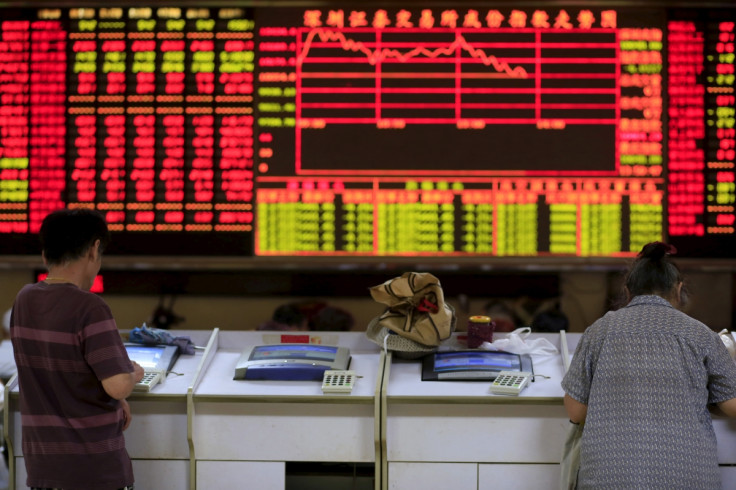Most of Asian markets trade lower or remain flat while oil prices decline

Barring Hong Kong, the rest of the Asian markets was either flat or in the red on 12 November. Investors continued to remain cautious ahead of a potential rate hike by the US Federal Reserve in December.
It was reported earlier that a US rate hike was more likely after its unemployment figures declined to 5%. Hong Kong's Hang Seng was trading higher by 2.40% closing at 22,888.92. This is the biggest daily jump in over a month. It was primarily because of strong earnings reported by Chinese technology firms that were listed in the city.
Australia's S&P/ASX 200 recovered from the day's lows to close flattish at 5,125.70, up 0.06% for today (12 November). The recovery was attributed to a better than expected employment report released by Australia. However, due to previous revisions by the Australian Bureau of Statistics, a few analysts have questioned the sustainability of this data.
Japan's Nikkei 225 too was flat at 19,697.77, up 0.03%. The country's core machinery data published before its stock market opened, indicated that orders rose 7.5% in September, marking the first increase in four months, despite a sharp fall in its orders for the third quarter.
While the Shanghai Composite Index closed lower by 0.48% at 3,632.90, South Korea's KOSPI closed at 1,993.36, lower by 0.20%.
India's BSE continued to remain closed for the Diwali festival. It, however, reflected yesterday's late evening Muhurat trade, wherein the BSE had closed higher by 0.48% at 25,866.95. Muhurat trading refers to a one-hour trading activity on the BSE in the evening on the occasion of Diwali, a big festival for Hindus.
In commodities, oil has been negatively impacted in recent times by declining demand in China and Russia's record production leading to an overall dip in prices. The trend seemed to continue as WTI Crude oil declined 2.98% to $42.93 a barrel while Brent was down 3.56% at $45.81 a barrel.
© Copyright IBTimes 2025. All rights reserved.





















